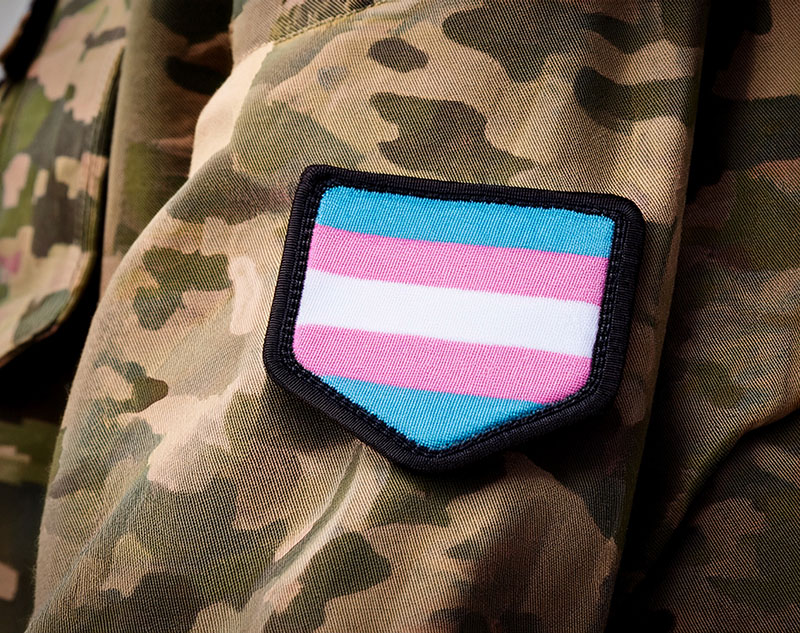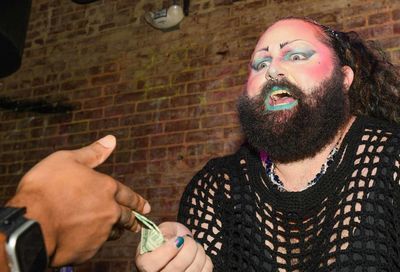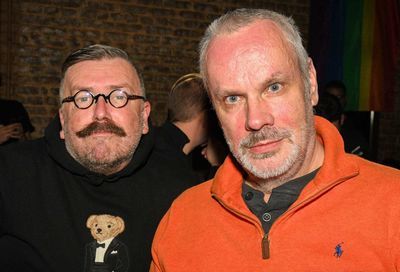Jennifer Roberts, Charlotte mayor amid HB 2 debacle, loses re-election bid
Mayor's stance on transgender rights earned her enemies in Raleigh and made her a divisive figure in the public's eyes

The Charlotte mayor who oversaw the city during the contentious debate over North Carolina’s anti-LGBTQ HB 2 law, and the resulting loss of revenue that resulted from the unpopular law’s passage, lost her bid for re-election on Tuesday.
Roberts, a Democrat, came in second in her party’s primary with 36% of the vote, behind Charlotte Council Member and Mayor Pro Tem Vi Lyles, who earned 46% of the vote, reports The Charlotte Observer.
Roberts has been barraged by criticism by many Charlotte residents, some of whom believe she pursued a partisan and polarizing agenda when she defended the City Council’s decision to pass an LGBTQ-inclusive nondiscrimination ordinance. Republicans, who control the legislature in Raleigh, claims that it was the passage of that ordinance that prompted them to pass HB 2, which restricted people to using restrooms, locker rooms and other facilities based on their biological sex at birth.
HB 2 also prohibited localities like Charlotte from being able to pass their own ordinances that extend protections to certain groups, such as LGBTQ people, that are currently not protected under state law.
In the back-and-forth between Charlotte municipal leaders, legislative leaders, and then-Gov. Pat McCrory over HB 2, and the economic backlash that resulted after corporate America largely condemned the law’s passage, Roberts became the face of those advocating for transgender people to use facilities consistent with their gender identity.
Given the small size of the transgender community, and the loss of revenue that cities like Charlotte experience post-HB 2 — stemming from the relocation of the NBA All-Star Game, the cancellation of several college sports championships, as well as concerts, conventions, and refusals by large corporations to expand or relocate to North Carolina — Roberts was also accused of pursuing a liberal agenda to benefit a tiny minority, at the expense of her constituents.
Roberts also ran afoul of many voters in the African-American community over her response to the shooting of Keith Lamont Scott, a black man shot to death by Charlotte-Mecklenburg police, and the riots that followed. She was criticized by some liberals for being too supportive of police, and by conservatives for what they saw as a feckless response to violence by protesters.
In her concession speech, Roberts praised Lyles for running a good campaign, and attempted to rally her supporters around the Democratic standard-bearer, who faces Republican City Council Member Kenny Smith in November.
What was perhaps most surprising was that Roberts raised the most money of all the Democratic candidates, bringing in $468,000. But even though she ran TV ads on a consistent basis throughout late August and early September, the money was not enough to improve her electoral standing. None of the other Democrats ran television ads.
Support Metro Weekly’s Journalism
These are challenging times for news organizations. And yet it’s crucial we stay active and provide vital resources and information to both our local readers and the world. So won’t you please take a moment and consider supporting Metro Weekly with a membership? For as little as $5 a month, you can help ensure Metro Weekly magazine and MetroWeekly.com remain free, viable resources as we provide the best, most diverse, culturally-resonant LGBTQ coverage in both the D.C. region and around the world. Memberships come with exclusive perks and discounts, your own personal digital delivery of each week’s magazine (and an archive), access to our Member's Lounge when it launches this fall, and exclusive members-only items like Metro Weekly Membership Mugs and Tote Bags! Check out all our membership levels here and please join us today!


























You must be logged in to post a comment.